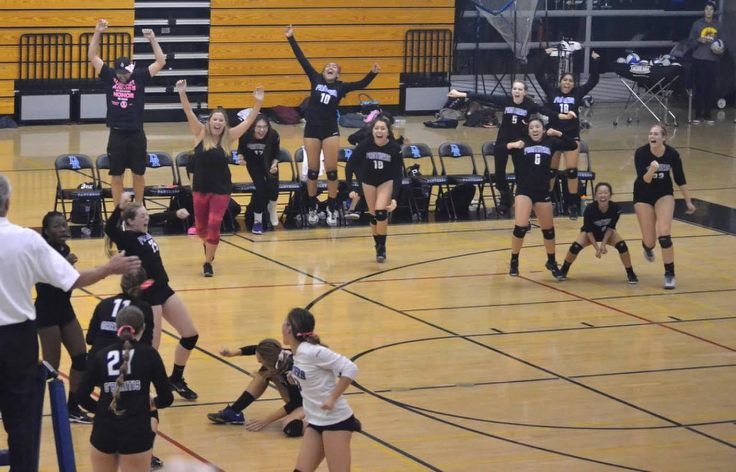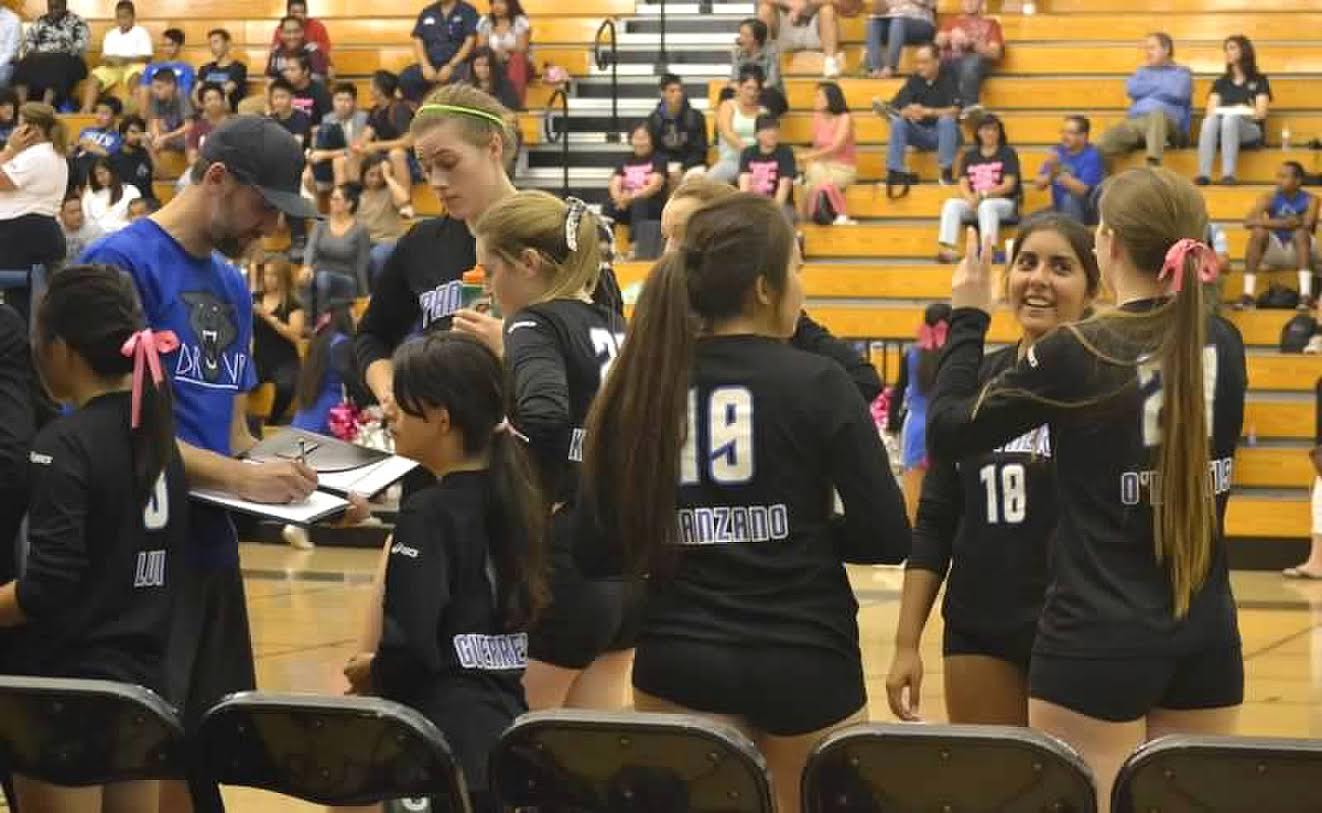Dear Uncoachable Player,
It’s that time of year again, the time where the rubber meets the road and the truly dedicated players rise to the occasion. What occasion you may ask? Summer training. For most sports “Summer Training” is extra curricular and considered going above and beyond the normal commitment to a team or sport. For a fall season sport, like volleyball, this “Summer Training” is actually your preseason in disguise. Did you realize that? Did you take the time to do a little math and find that our first match is in less than 6 weeks? In every other sport, that means teams are made and in full swing. In high school volleyball it means we’re struggling our way though short, optional practices that cost money to participate in. Not to mention the 105 degree temps inside the gym.
So why the open letter to you? Well, you’re half way there. You showed up to summer training, you paid money to be here, and you’re slightly interested in what this training is for. What’s the half you’re missing? Coachability. The word “Coachability” has a little red line under it and apparently isn’t recognized as a real word, but in the world of competitive athletics, no other word holds such importance. So, in layman’s terms, “Coachability” simply means your ability and willingness to be coached. To be blunt; you don’t have it. Harsh? Sorry. You’re a sweet kid, you care about volleyball, you care about your teammates and your coaches, but you don’t seem to care about what’s actually being taught to you. How do we know this? Well first off, you’re told the same thing at least 5-10 times a practice, without change. Second, you seem to be distracted or thinking of something else while you’re spoken to. Third, you miss the subtle cues, hints, and pointers that can help you succeed. Fourth, you’re always comparing the coaching we provide to other coaches, camps, clinics, and schools of thought. Last, and worst of all, you seem to think there’s a magic answer or trick that will get you where you want to be. More on that later. So as you read this letter, consider the following;
- Being told the same thing over and over as an athlete usually means one of three things: You didn’t hear us, you don’t understand, or you don’t care. So next time you find yourself wondering why your coach keeps giving you the same critique over and over, ask yourself: Did I hear coach wrong? Do I understand what coach is saying? Or, Do I care about what coach is saying?
- When you’re distracted or thinking of something else while coach is talking to you, or the team consider this: Are you making eye contact with the coach? Are you open to what they are saying? Both physically and mentally? Are you engaged and responsive to their coaching? As in; do you nod, ask questions, participate in demonstrations? Or, do you find yourself watching the neighboring courts or looking off into space thinking about everything except what the coach is saying?
- Catching subtle (or not so subtle) cues, hints, or pointers is the sign of a coachable player. It means you’re paying attention to details and finding more coaching in unexpected ways. Do you listen to the coach work with other players and try to apply it to your skill set? Do you immediately try what the coach is saying? Lastly, do you consider everything the coach says applicable to your skill set?
- Why do you keep comparing our coaching to something else you’ve been told or taught? Coachability starts right there; can you be coached by multiple people and schools of thought? Or are you dead set on one thing? Many times, the best players have multiple skill sets and can use coaching from different people, places and schools of thought.
- The worst of all. When practice is over, you think that coming up to the coaches to ask questions will earn you brownie points or get you that extra push you need. Now, before you misunderstand me, I don’t mean asking for additional help or clarification is bad. I also don’t mean that I don’t want to talk to you after practice. What I do mean is that coming up to the coaches after practice to ask about the same thing you were taught for two hours at practice is absurd. If we work on a skill for all of practice, and you are uncoachable for all of practice, asking us about said skill after practice isn’t going to yield different results. Try listening the first time. Try asking during the drill. Try observing the players who are getting constant new feedback and demonstrating proficiency. There isn’t a magic solution that can only be presented to you after practice upon your inquiry. The magic solution you’re looking for is coachability and hard work.
So, to our kind hearted and halfway there player; read this list. Think about your options. Start from the top… do what’s asked of you the first time. Then, be fully engaged at practice. Next, check for subtle cues and hints from the coaches. After that, compare and contrast coaching styles and systems, but don’t sell yourself to only one and close yourself off to anything else. Last, if you do find yourself wanting to chat with the coaches after practice, make the conversation more than, “How can I get better” and “What can I do to make Varsity this year”. Be specific. Get your ducks in a row. Consider this, “I understand I’m having trouble with (insert skill) and I think I’m trying everything you’re coaching. Do you have anymore drills or skills I can implement in my free time to help me?”. This conversation will end a lot differently than the, “What can I do to get better?” mantra. Notice a difference?
Lastly, if you’re done reading this and you’re thinking “Thank god I’m not the uncoachable kid on my team. Coach surely isn’t talking about me.” I have news for you… you probably are.
Love Always,
Your incredibly dedicated and knowledgeable coaches


Leave a comment